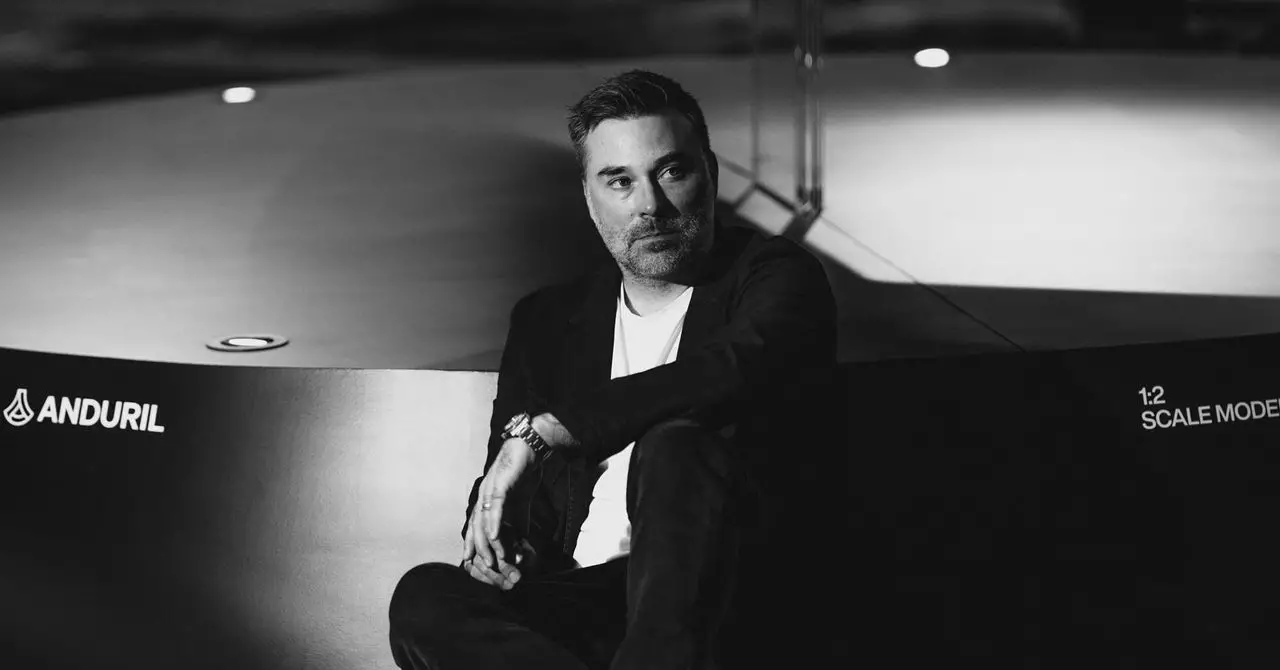In the rapidly evolving landscape of technology, figures like Peter Thiel and Trae Stephens are stirring up a conversation that challenges the status quo. Their vision of leveraging science and technology not merely for convenience but for creating what they call a “Christian heaven” on Earth has raised eyebrows. The concept isn’t simply a philosophical musings; it’s a call to action that measures success not by financial metrics alone but by the moral significance of the technological endeavors we undertake.
The crux of this dialogue suggests that if we aim to forge a richer, more meaningful existence, our efforts must hinge on taking on substantial challenges rather than indulging in what Trae Stephens dismissively labels “bad quests.” In many ways, this is a radical departure from the complacency of the tech industry, which often centers around creating superficial solutions that offer little in terms of lasting impact.
Reframing the Narrative on Technological Advancement
Stephens and his co-authors argue that Silicon Valley is mired in a “crisis of nonsense.” However, this claim serves as a double-edged sword. On one hand, it puts a spotlight on the frivolous pursuits that have come to characterize the tech sector, such as trendy startups that favor quick exits over long-term solutions. On the other hand, it raises important questions about the underlying motivation and purpose behind our technological advancements. Are we merely building tools for transient distractions, or are we striving to elevate humanity by tackling monumental challenges?
For those in influential positions, it becomes imperative to adopt a framework that separates “good quests” from “bad quests.” Good quests are ambitious undertakings aimed at solving complex issues—be it in artificial intelligence, healthcare, or environmental sustainability—whereas bad quests lean towards self-indulgence and shallow engagement with pressing societal problems.
The Moral Imperative of Technological Innovation
Alex Karp, CEO of Palantir, further reinforces this notion by describing a moral crisis within the tech industry. He poignantly argues that the abundance of financial resources and skilled individuals is often misallocated on trivial pursuits that fail to address the pressing dilemmas facing society today. Karp’s critique warrants reflection: are we as innovators content to squander our capabilities on projects with limited utility, like photo-sharing applications, while more significant global challenges linger unaddressed?
For many in Silicon Valley, the prevailing agnosticism towards serious moral engagement can be striking. Best-selling books and workshops on self-optimization may offer forms of enlightenment for some, but they often miss the larger picture—how technology can serve as a transformative force for good. Perhaps it’s time to rechannel the collective energy towards a vision that integrates ethical considerations, fostering a technocratic republic grounded in values that embrace responsibility and societal betterment.
The Role of Technology in a Higher Calling
This questioning of intent and moral compass reflects a wider unease within the industry about the direction of technological development. By advocating for a “technological republic,” Karp implies that the best way forward is through a fundamental restructuring of how technology interacts with governance and society. This is a powerful audacious perspective that challenges the prevailing norm of profit-driven motives.
Rather than relegating technology to mere utility, this discourse envisions a landscape where technological tools are agents of moral progress—enabling people to confront the complexities of life and enhance the human experience instead of diminishing it. The diverse aspirations emerging from Silicon Valley—whether through advanced AI capabilities or revolutionary advancements in healthcare—should not merely cater to consumer whims but should strive for a broader societal impact.
In the sphere of tech innovation, the dialogue initiated by Thiel, Stephens, and Karp invites us to reflect critically on the purpose behind our efforts. What if we set our sights higher? What if we engage in the relentless pursuit of “good quests” that contribute to a flourishing world rather than indulge in the quieter, less impactful endeavors? The stakes are enormous, not just for the tech industry but for humanity itself, as we stand on the brink of a new epoch defined by the choices we make today.

